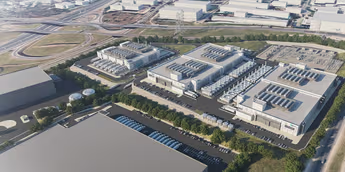Resident Doctors’ Strike Cripples Hospitals, Leaves Patients Stranded Across Nigeria

By Erewunmi Peace
Hospitals across Nigeria were thrown into disarray over the weekend as resident doctors under the Nigerian Association of Resident Doctors (NARD) embarked on a five-day warning strike, leaving patients stranded and critical services disrupted.
The strike, which began on Friday, September 12, followed the federal government’s alleged failure to meet key demands, including the release of the 2025 Medical Residency Training Fund (MRTF), unpaid salary arrears under the revised Consolidated Medical Salary Structure (CONMESS), and the delay in accoutrement and specialist allowances.
Patients Turned Back
Reports from major tertiary hospitals revealed that patients were turned away from emergency wards, diagnostic units, and outpatient clinics. In some centres, radiology departments were shut, while delays in laboratory tests and cancellations of surgeries left many in distress.
A patient relative in Lagos lamented:
“We came in the morning for treatment, but the doctors told us they could not attend to new cases. My brother has been in pain since yesterday.”
Following mounting pressure, the federal government reportedly began releasing the MRTF to some doctors. Discussions are also ongoing to resolve other welfare-related issues.
On Saturday night, September 13, NARD announced the suspension of the strike, giving the government a two-week ultimatum to meet their demands.
NARD President, Dr. Dele Abdullahi, said in a statement:
“We are suspending this action in good faith, but if the government fails to deliver within the agreed time frame, we will be left with no choice but to resume industrial action.”
Although hospitals are expected to gradually return to normal operations, uncertainty lingers as resident doctors have warned of a possible full-scale strike if the government fails to act decisively.
For now, patients and their families remain hopeful that both parties will reach a lasting resolution to prevent further disruptions in the health sector.



















































































































































































































































































































































































































































































































































































































































































































































































































































































































































































































































































































































































































































































































































